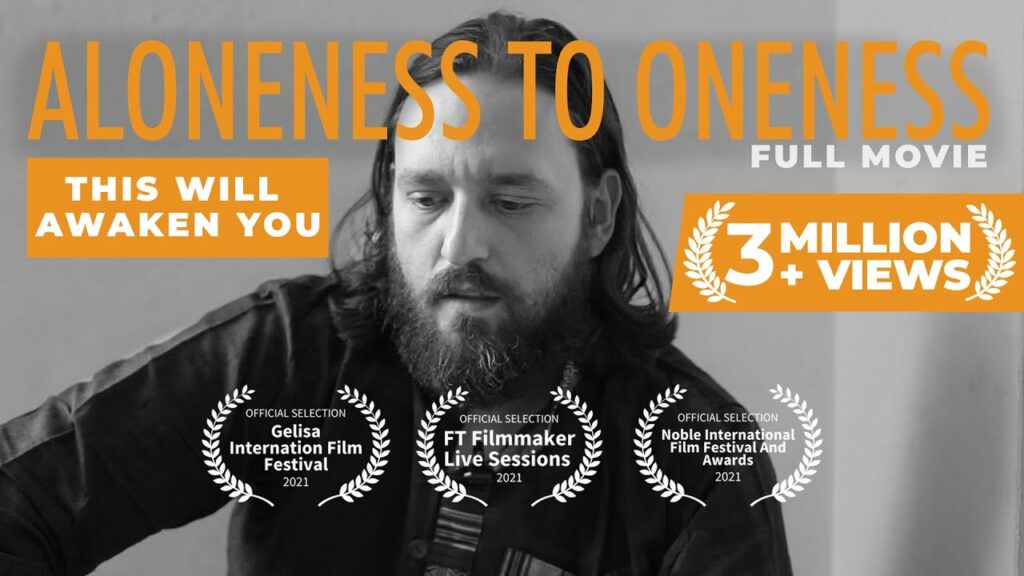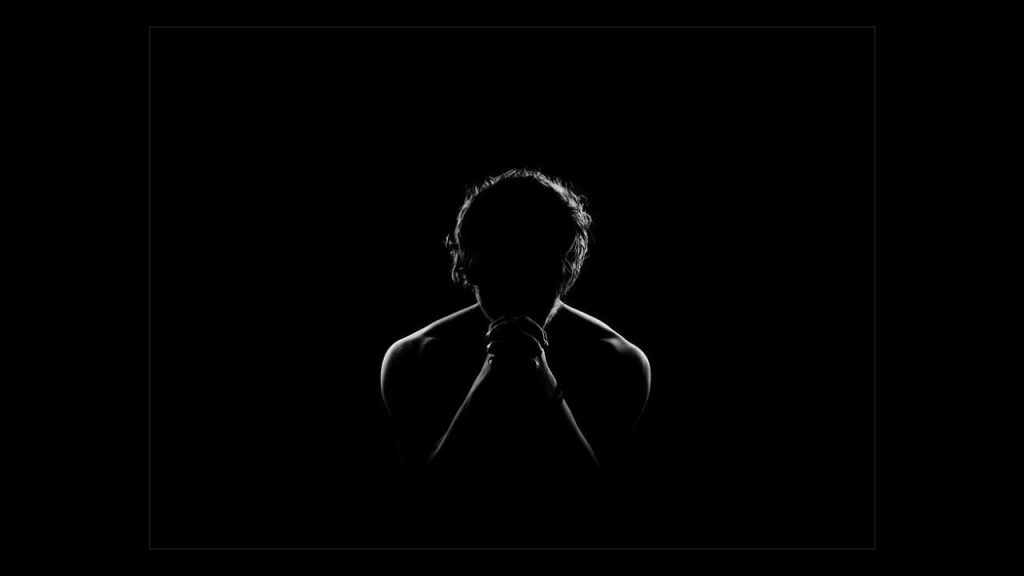ALONENESS TO ONENESS – Best Life Changing Spiritual Documentary Film on Non-duality – Todd Perelmuter

Aloneness to Oneness: A Journey of Spiritual Transformation Discovering Non-duality and the Essence of True Happiness Discovering Non-duality and the Essence of True Happiness During his travels in India, Aaron Abke met a man at an ashram who was around 45-50 years old, a bit older than the usual crowd. This man shared a poignant […]
The Secret – Topic YouTube

Unlocking the Power Within: Exploring “The Secret” “The Secret” is more than just a movie; it’s a transformative journey that has captured the hearts and minds of millions around the world. Released in 2006, this groundbreaking documentary, based on the best-selling book by Rhonda Byrne, offers profound insights into the law of attraction and the […]
The Compass

The Compass: Navigating Success, Fulfillment, and Personal Transformation “The Compass” is a thought-provoking and inspiring movie that delves into the timeless principles of success, fulfillment, and the pursuit of one’s dreams. Directed by John Spencer Ellis and Nick Nanton, this captivating film takes viewers on a journey of self-discovery and personal transformation as it explores […]
Movie “The Shift ” By Wayne Dyer

Unlocking Transformation: Exploring ‘The Shift’ with Wayne Dyer Discovering Purpose, Fulfillment, and Spiritual Awakening Through Personal Growth In the journey of life, moments of transformation often come when we least expect them. These moments, often referred to as “shifts,” have the power to alter our perspectives, redefine our priorities, and lead us toward a […]
Movie “Thrive”

“THRIVE: What On Earth Will It Take?” – Unveiling the Secrets to a Thriving World “THRIVE: What On Earth Will It Take?” is not just a movie; it’s a powerful call to action and a catalyst for global transformation. Released in 2011, this groundbreaking documentary, directed by Foster Gamble and Kimberly Carter Gamble, explores the […]
Movie “The Shadow Effect” By: Debbie Ford

Everybody has a shadow that they hide from everyone around them. If you try to suppress it, you may find that some day that Shadow may get out! And when it does… Know your shadow and you have the power to break old habits and self sabotaging behaviors for good!
